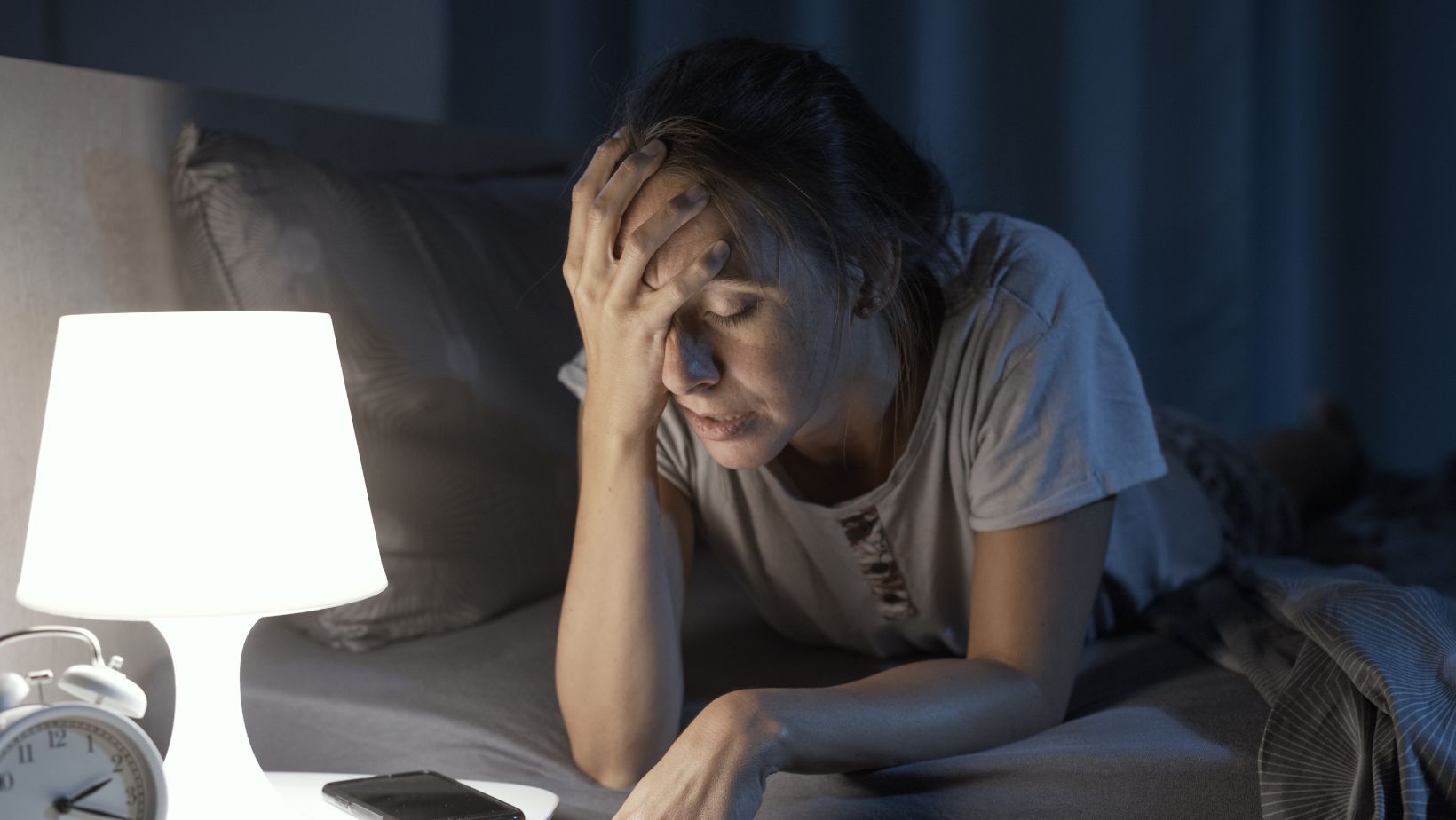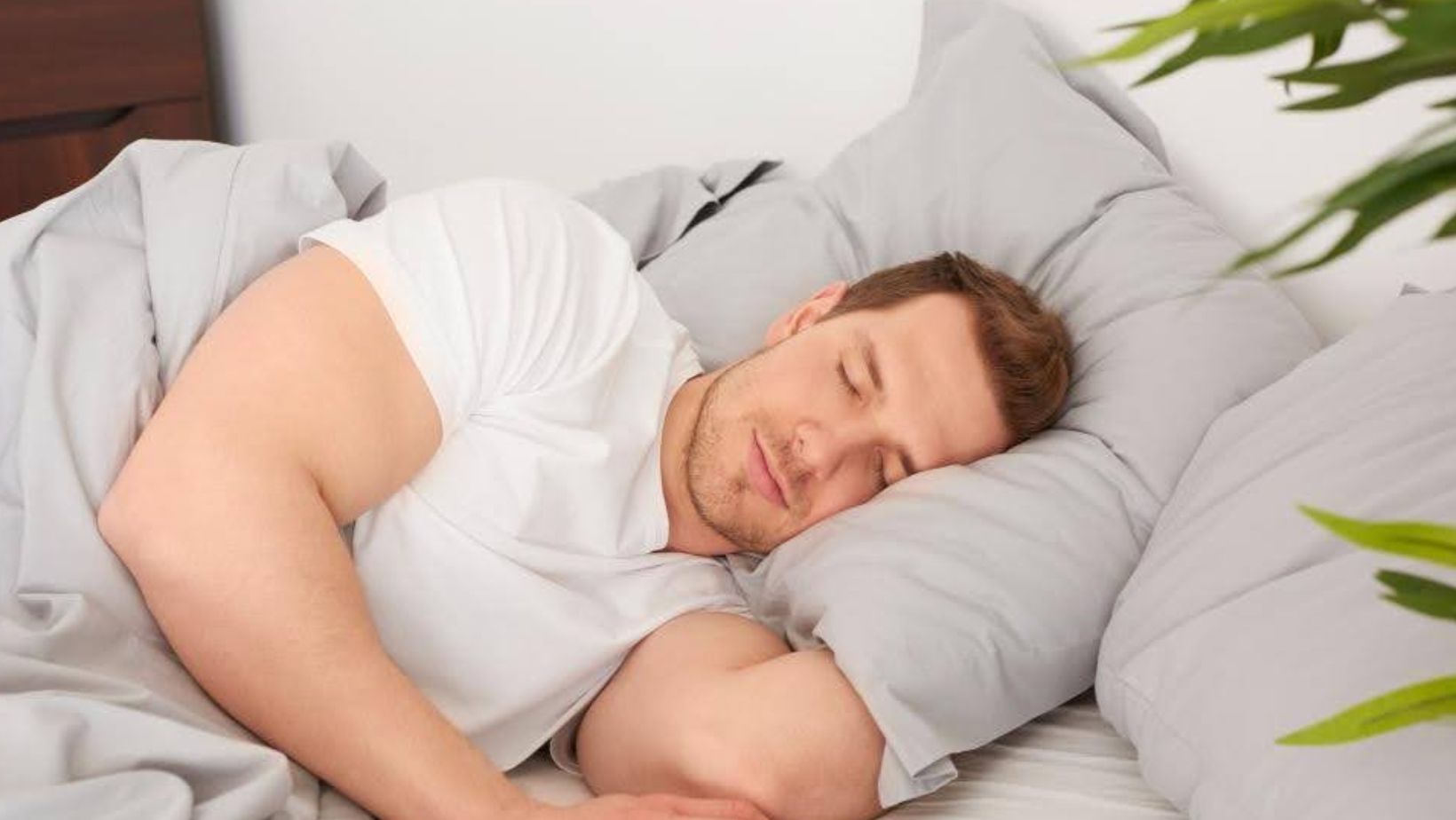Insomnia is one of the most common sleep disorders, affecting millions of adults worldwide. It can be short-term brought on by stress or life changes or chronic, lasting months and deeply affecting mental and physical health. Traditional treatments like prescription medications, melatonin, and cognitive behavioral therapy often help, but they don’t work for everyone and may cause side effects.
Many are turning to alternative treatments, with cannabis emerging as a promising option for those seeking natural relief from sleeplessness. The growth of weed delivery Rancho Cordova and other local services has made access to cannabis more convenient, encouraging more people to explore its possible role in improving sleep. In this guide, we’ll break down how cannabis works with the body, which strains may be most effective, and what risks to consider before use.
Table of Contents
ToggleWhat Exactly Is Insomnia?
Different Types of Insomnia
- Acute Insomnia: Short-term, often triggered by stress, anxiety, or sudden changes in routine.
- Chronic Insomnia: Persists for three or more nights a week for three months or longer.
- Behavioral Insomnia: Stemming from poor sleep hygiene, irregular schedules, or environmental disruptions.
Common Symptoms of Insomnia
- Trouble falling asleep at night
- Frequent waking during sleep cycles
- Fatigue, brain fog, or irritability during the day
- Feeling unrefreshed even after a “full night’s sleep”
How Cannabis May Support Sleep
The Endocannabinoid System’s Role in Rest
The endocannabinoid system (ECS) regulates mood, appetite, pain, and circadian rhythms.

Cannabinoids in cannabis interact with ECS receptors, which influence how easily we fall asleep and how deeply we rest. This biological connection is why cannabis is now being studied as a potential alternative for insomnia.
Key Cannabinoids and Their Sleep Benefits
- THC (Tetrahydrocannabinol): Offers sedative properties that can help shorten the time it takes to fall asleep and extend deep sleep stages. Higher doses, however, may cause grogginess the next day.
- CBD (Cannabidiol): Non-intoxicating, CBD may reduce nighttime anxiety, lower inflammation, and improve sleep quality. It may be especially helpful for those whose insomnia is stress-related.
Learn more about the endocannabinoid system here.
Best Cannabis Options for Insomnia Relief
Popular Consumption Methods
- Smoking or Vaping: Delivers fast results within minutes but may irritate sensitive lungs.
- Edibles: Provide long-lasting relief (6–8 hours) but take 1–2 hours to kick in. Perfect for those who want uninterrupted rest.
- Tinctures and Oils: Fast-absorbing and easy to dose precisely, making them beginner-friendly.
Choosing the Right Strain
- Indica Strains: Known for calming, sedative effects that promote relaxation and sleep.
- Sativa Strains: Often more energizing, better avoided before bedtime.
- Hybrid Strains: Indica-dominant hybrids may provide a balanced approach to relaxation.
Popular strains for sleep support: Granddaddy Purple, Northern Lights, and Bubba Kush.
See our cannabis strain guide for more.
Dosage and Timing Tips
- Start Low, Go Slow: Begin with small doses and increase gradually to find the right balance.
- Timing Consumption: Inhalation should be 30–60 minutes before bed. Edibles work best when taken 1–2 hours before bedtime.
Risks and Side Effects to Consider
Even though cannabis can support rest, there are factors to keep in mind:
- Side Effects: Morning grogginess, drowsiness, or appetite changes.
- Dependence: Psychological reliance can develop if cannabis is the only method used for sleep.
Pairing cannabis with good sleep hygiene, like limiting screen time, sticking to a bedtime routine, and creating a dark sleep environment, helps minimize risks and improve long-term results.
Frequently Asked Questions (FAQs):
Does cannabis really help with insomnia?
Yes. THC can help people fall asleep faster, while CBD supports deeper, anxiety-free rest. Many find a combination of the two most effective.
Is THC or CBD better for sleep?
THC is best for sleep initiation. CBD is more effective for improving sleep quality and reducing anxiety. The right choice depends on individual needs.
Can I become dependent on cannabis for sleep?
While cannabis is less addictive than prescription sleep aids, psychological dependence is possible if used excessively. Moderation and good sleep hygiene are key.
What’s the best way to take cannabis for insomnia?
Edibles and tinctures provide long-lasting effects through the night, while smoking or vaping gives faster relief. The right method depends on tolerance and personal preference.
Conclusion
Cannabis may be a promising option for those struggling with insomnia, especially when traditional remedies don’t provide relief. By working with the endocannabinoid system, cannabinoids like THC and CBD can potentially reduce stress, calm the body, and improve overall sleep quality.
Still, cannabis is just one piece of the puzzle. A holistic approach that combines healthy lifestyle habits with responsible cannabis use offers the best chance at long-term improvement. For those exploring local access, trusted services such as NorCal Holistics Sacramento provide safe, convenient options while prioritizing education and responsible consumption.





